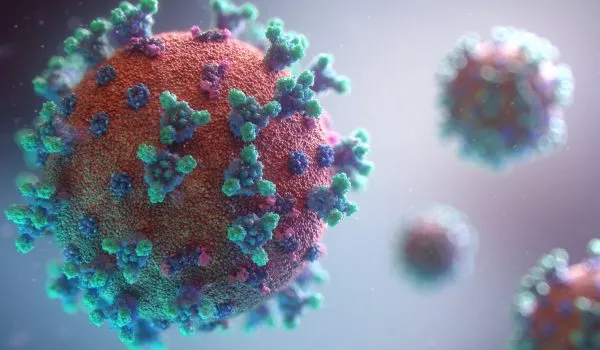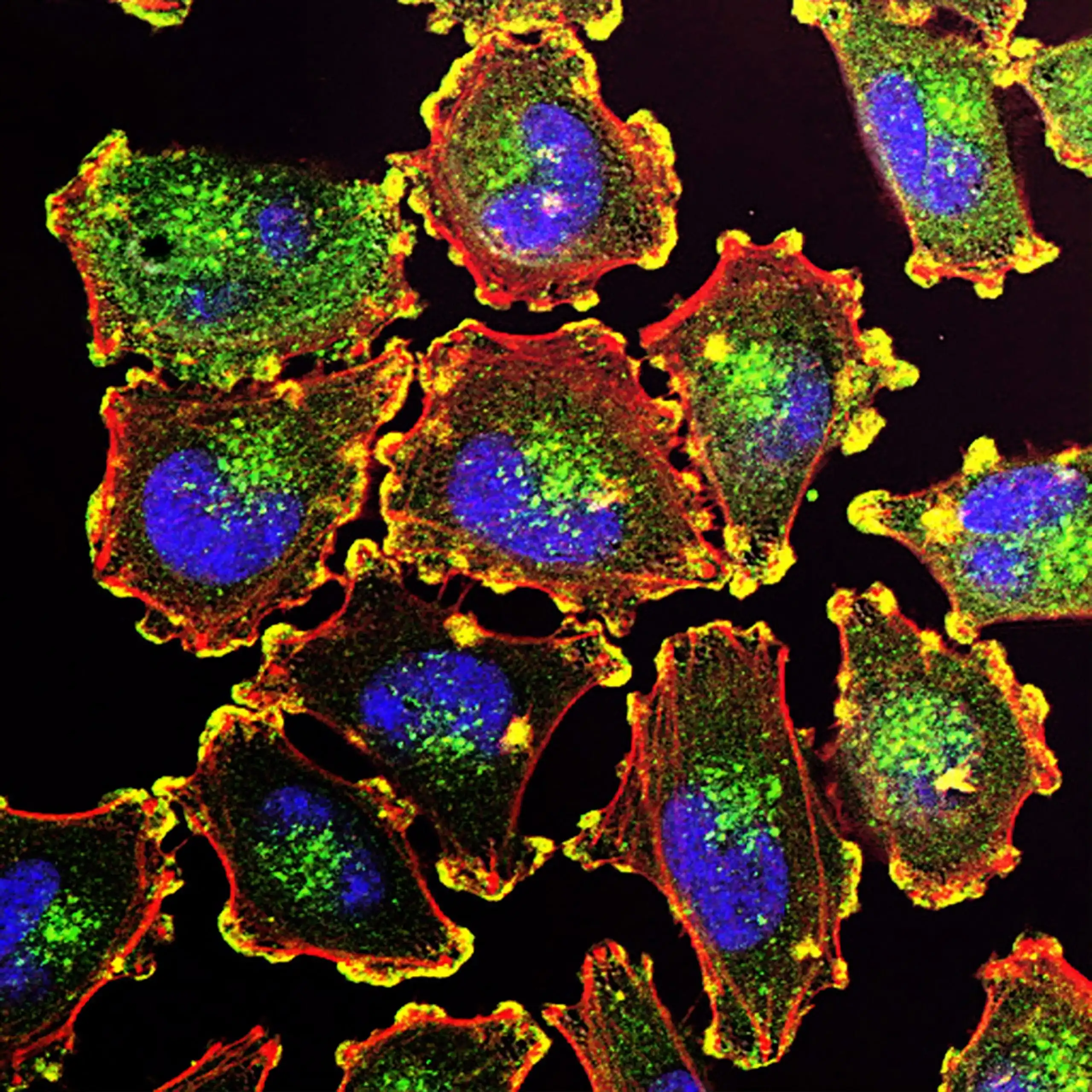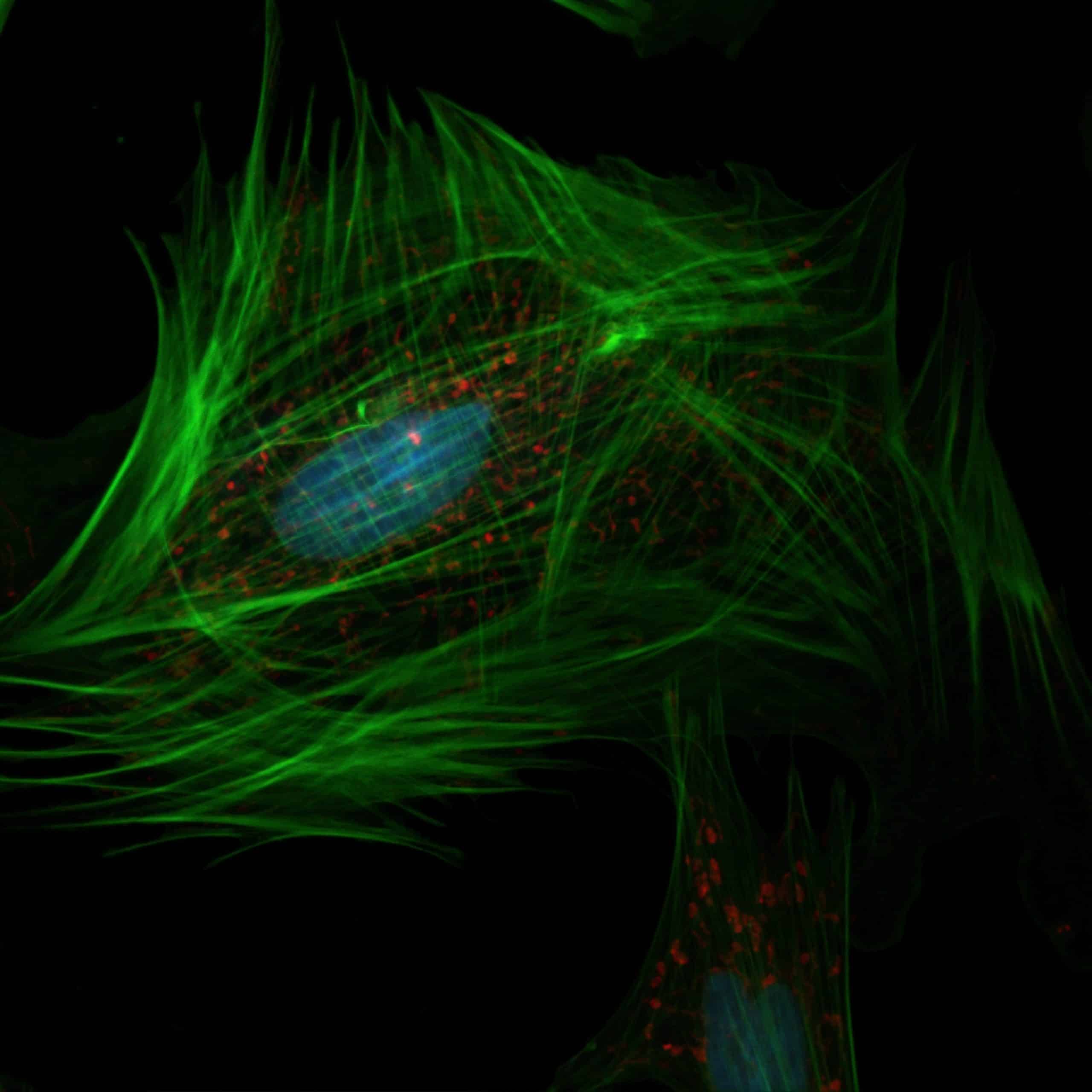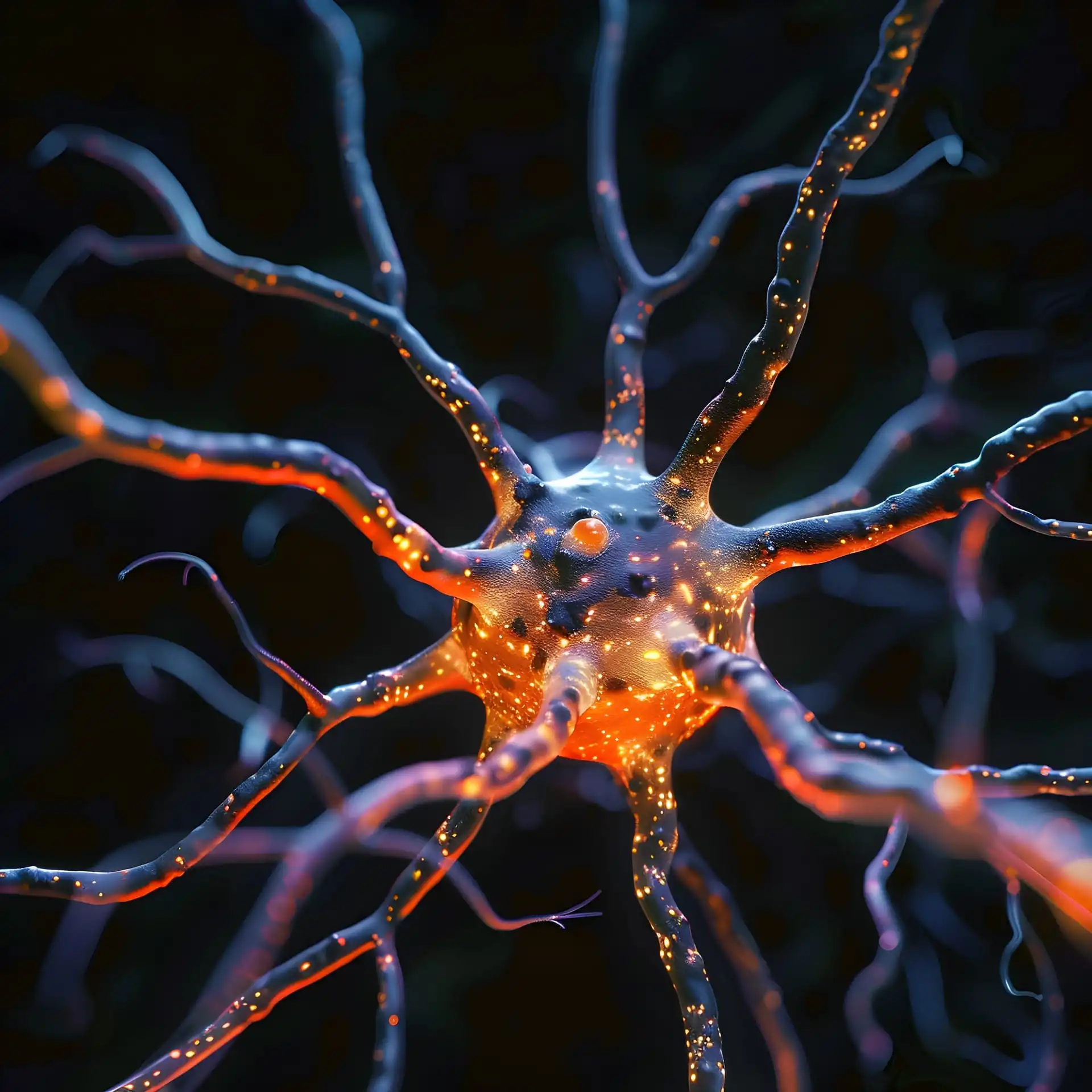
Remdesivir is a broad-spectrum antiviral medication that was developed by Gilead Sciences. The drug is sold worldwide under the brand name Veklury. Typical administration of remdesivir is through injection into a vein.
Table of Contents
Remdesivir Meaning and Definition
Originally developed to treat hepatitis C in 2009, remdesivir was authorized or approved for emergency use to treat COVID‑19 in several countries. The drug was previously researched to treat Ebola virus disease and Marburg virus infections.
The US Food and Drug Administration (FDA) classifies remdesivir as a first-in-class medication.
Get your requested raw materials quotation
Remdesivir Uses and Approval
Remdesivir is approved or authorized for emergency use to treat COVID‑19 in approximately 50 countries. Remdesivir is the international nonproprietary name, and the development code name was GS-5734.
European Union
Remdesivir is indicated for the treatment of coronavirus disease (COVID‑19) in adults and adolescents aged 12+ years with a minimum body weight of 40 kilograms, diagnosed with pneumonia, and requiring supplemental oxygen.
United States
Remdesivir is indicated for use in the United States in adults and adolescents 12+ years with a minimum body weight of 40 kilograms for the treatment of COVID‑19 requiring hospitalization. Further, the National Institute of Health (NIH) published information for remdesivir omicron treatment.
In January 2022, the FDA further expanded remdesivir indication to include use in non-hospitalized adults and adolescents that tested positive via direct SARS-CoV-2 viral testing with mild-to-moderate COVID‑19 and are at high risk for progression of the disease, including hospitalization or death.
Approval was expanded in April 2022 to include infants 28 days of age and older weighing a minimum of 3 kilograms that tested positive via direct SARS-CoV-2 viral testing.
Australia
Remdesivir is approved for patients aged 4+ weeks of age with a minimum body weight of 3 kilograms that have pneumonia requiring supplemental oxygen. The drug is also approved for patients aged 4+ weeks and older with a body weight of at least 40 kilograms and are at high risk of severe COVID-19.
Remdesivir Pharmacology
Remdesivir is a protide or prodrug of nucleotide that diffuses into cells and is converted to GS-441524 monophosphate via the actions of the CES1 and CTSA esterases and the HINT1 phosphoamidase. Following this action, remdesivir is then phosphorylated to its active metabolite triphosphate by nucleoside-phosphate kinases. Remdesivir’s pathway of bioactivation is intended to occur within cells, however a significant amount of the drug is hydrolyzed prematurely in plasma. The major metabolite in plasma is GS-441524, and it is the only metabolite that remains for two hours following a dose.
Remdesivir Mechanism of action
Remedisivir is an adenosine nucleoside triphosphate analog (GS-443902). Research states that the active metabolite of remdesivir interferes with the action of viral RNA-dependent RNA polymerase. In addition, the drug’s active metabolite evades proofreading by viral exoribonuclease (ExoN), which is hypothesized to cause a decrease in viral RNA production.
In viruses such as the respiratory syncytial virus, remdesivir is stated to cause the RNA-dependent RNA polymerases to stop activity, and the predominant effect is to induce an irreversible chain termination. Unlike many other chain terminators, the action is halted and occurs after five additional bases have been added to the growing RNA chain.
The arrest of RNA synthesis occurs after incorporating three additional nucleotides for the RNA-Dependent RNA Polymerase of SARS-CoV-1, SARS-CoV-2, and MERS-CoV. As a result, remdesivir is categorized as a direct-acting antiviral agent that functions as a delayed chain terminator.
Remdesivir Side effects
Common adverse effects in patients treated with remdesivir are:
- Respiratory failure
- Blood biomarkers of organ impairment: low albumin, low potassium, low count of red blood cells, low count of thrombocytes, and elevated bilirubin (jaundice)
- Gastrointestinal distress
- Elevated liver enzymes (transaminase levels in the blood)
- Infusion site reactions
- Electrocardiogram abnormalities
- Infusion-level reactions: low blood pressure, vomiting, nausea, shivering, sweating
Get your requested raw materials quotation
Remdesivir Controversy
In an in vitro study of remdesivir, the drug was assessed for antiviral activity against SARS-CoV-2. Pretreated cells with varying doses of remdesivir for 1 hour were exposed to the virus at an MOI of 0.05, and results found that remdesivir functioned well as an inhibitor of the infection.
The study was never peer-reviewed and was only published as a letter to the editor. In addition, a published remdesivir clinical trial showed no benefit of treatment.
Alternative COVID-19 Treatments
Alternative treatments for COVID-19 include hydroxychloroquine and ivermectin. Studies supporting the use of these drugs include:
Hydroxychloroquine
Numerous researches studies have found hydroxychloroquine to be safe and effective for treating COVID-19, including:
Hydroxychloroquine and azithromycin as a treatment of COVID-19: results of an open-label non-randomized clinical trial
A non-randomized open-label clinical trial of hydroxychloroquine suggests that hydroxychloroquine treatment is associated with reducing viral loads and disappearance in COVID-19 patients.
COVID-19 Pandemic – A Narrative Review of the Potential Roles of Chloroquine and Hydroxychloroquine
A narrative review that demonstrates the potential roles of hydroxychloroquine and chloroquine. The review suggests positive results in preliminary scientific research for treating SARS-CoV-2.
Ivermectin
Ivermectin for Prevention and Treatment of COVID-19 Infection: A Systematic Review, Meta-analysis, and Trial Sequential Analysis to Inform Clinical Guidelines (American Journal of Therapeutics)
A meta-analysis of ivermectin for COVID-19 treatment assessing efficacy of ivermectin treatment that suggests ivermectin reduced COVID-19 deaths in addition to preventing progression to severe disease.
The mechanisms of action of ivermectin against SARS-CoV-2 – an extensive review (The Journal of Antibiotics)
An extensive review of ivermectin mechanisms of action that suggests inhibition of multiple viral and host targets possibly involved in SARS-CoV-2 replication.
Remdesivir FAQ
According to the National Institute of Health, guidelines for patient treatment with Remdesivir for COVID-19 (SARS-COV-2) consist of six vials of the drug over a five-day treatment period.
Click here to obtain a quote for GMP-certified remdesivir products.
According to the NIH, remdesivir works by interrupting virus production. The institution states that remdesivir interferes with enzyme activity and prevents the virus from multiplying.



















